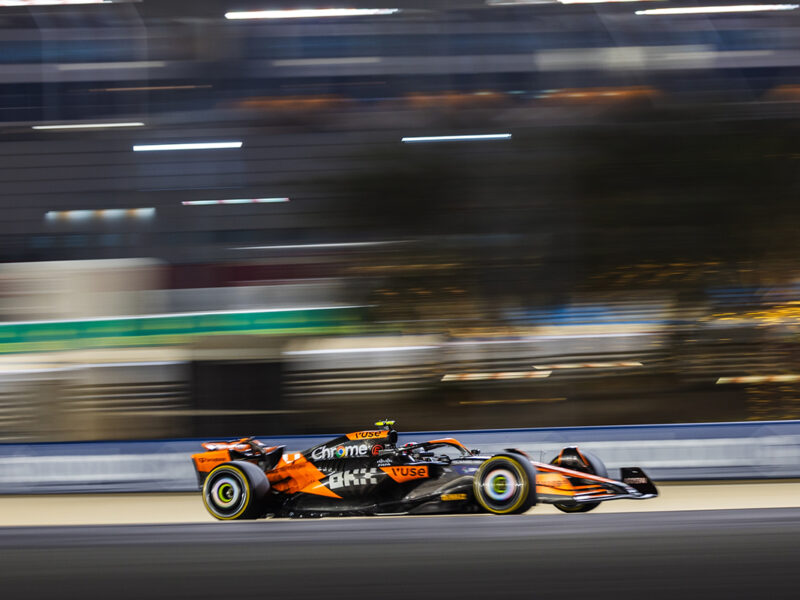The UAE’s Ministry of Economy has signed up with a series of the country’s biggest supermarket chains, including Carrefour, Panda, Lulu and Union Cooperative Society, to try and lower the prices of basic food commodities during Ramadan.
The special reductions will see the prices of 61 of the most common foodstuffs lowered by between 25 and 40 percent, and will extend to around 70 supermarkets.
During a visit to the fruit and vegetable market in the Dubai suburb of Al Awir, the ministry’s consumer protection department director, Dr Hashim Al Nuaimi, told reporters that shops and supermarkets would be inspected on a daily basis to ensure compliance with the offers.
The official’s visit resulted in fines for five market vendors, who had not displayed their tags clearly enough. Local law dictates that all tags need to be visible to customers.
A trader at the market in Aweer told Arabian Business that he had not seen any significant increase in prices during the first week of the holy month.
“So far, the price has not risen by as much as last year and I am expecting to have a good month. The best business during Ramadan is fruit, especially melons,” he said.
Food prices in Ramadan tend to rise due to increased demand from Muslim families.
In Saudi Arabia, local media reports suggested that the cost of basic commodities, such as onions and herbs, had more than tripled during the first week of the holy month. The hikes were played on expatriate traders forcing up prices illegally, and on unscrupulous stallholders withholding inventory in order to force up demand artificially.









